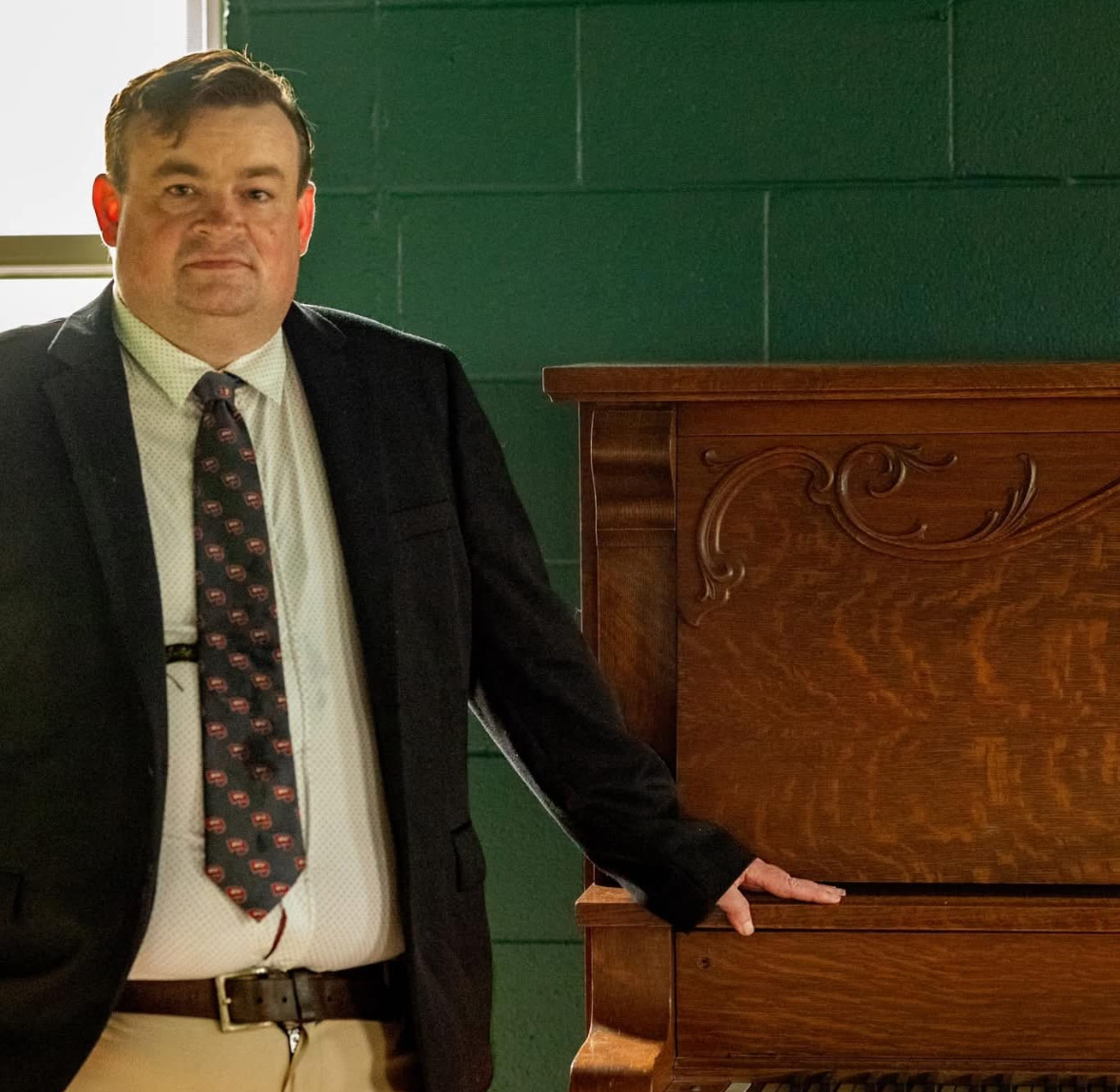We’re excited to introduce you to the always interesting and insightful Audie Wood. We hope you’ll enjoy our conversation with Audie below.
Audie , looking forward to hearing all of your stories today. Risking taking is a huge part of most people’s story but too often society overlooks those risks and only focuses on where you are today. Can you talk to us about a risk you’ve taken – it could be a big risk or a small one – but walk us through the backstory.
I taught Sociology at Western Kentucky University for four years as an adjunct professor. Although I was severely underpaid and faced financial struggles, I managed to be comfortable in my situation. I received support from my department head, taught a subject I loved, and had amazing students. However, I realized that love and passion alone do not pay the bills. I kept thinking, “I need to find a way out. I need to find a way to do what I love, support myself, and enjoy life. ”
One day, during a discussion on poverty, a student who seldom spoke up in class asked a simple yet profound question: “Mr. Wood, we often complain about poverty and social inequality, but when are we actually going to take action to address it?”
That question shook me to my core. After class, I returned to my office and reflected on how I wanted to respond in our next session. The more I contemplated the question, the more I realized that even I wanted to stop talking. So, when I walked into class the following Friday, I had a clear reply ready.
We will stop talking and actually take action when everyone in the room decides to do so.
Inspired by a question from my student, I started to reflect on how I could transition from talking to taking action. The solution that came to mind was to apply sociological concepts to a personal finance class. For those unfamiliar with sociology, one of the core beliefs we hold is that social structure, along with access to resources and knowledge, plays a crucial role in determining economic outcomes. So, using my liberal arts background I decided to create a personal finance class that not only teaches students how to manage their finances, but also discusses how career choices, family responsibilities, and mental health can impact their financial situations. I decided to offer this course to a group of students who come from backgrounds where access to this crucial knowledge is often limited, particularly the students in the Kentucky Juvenile Court System.
The pilot in Warren County was so successful that the directors decided to take the program regionally and within six months, the program was offered in every county in the Commonwealth. This inspired me to take the first big risk of my life and my career.
I left the job I had always desired to establish a non-profit organization that utilizes my course to offer students hope and opportunities. The outcomes have been remarkable. The class has proven to be so effective that I have garnered support from both progressive and ultra-conservative members of Congress. I’ve witnessed students enter our virtual classroom with little hope and depart filled with confidence. I’ve seen students who started the course without any aspirations for furthering their education emerge focused on their careers and ready for college. None of this would have been possible without taking that leap of faith.
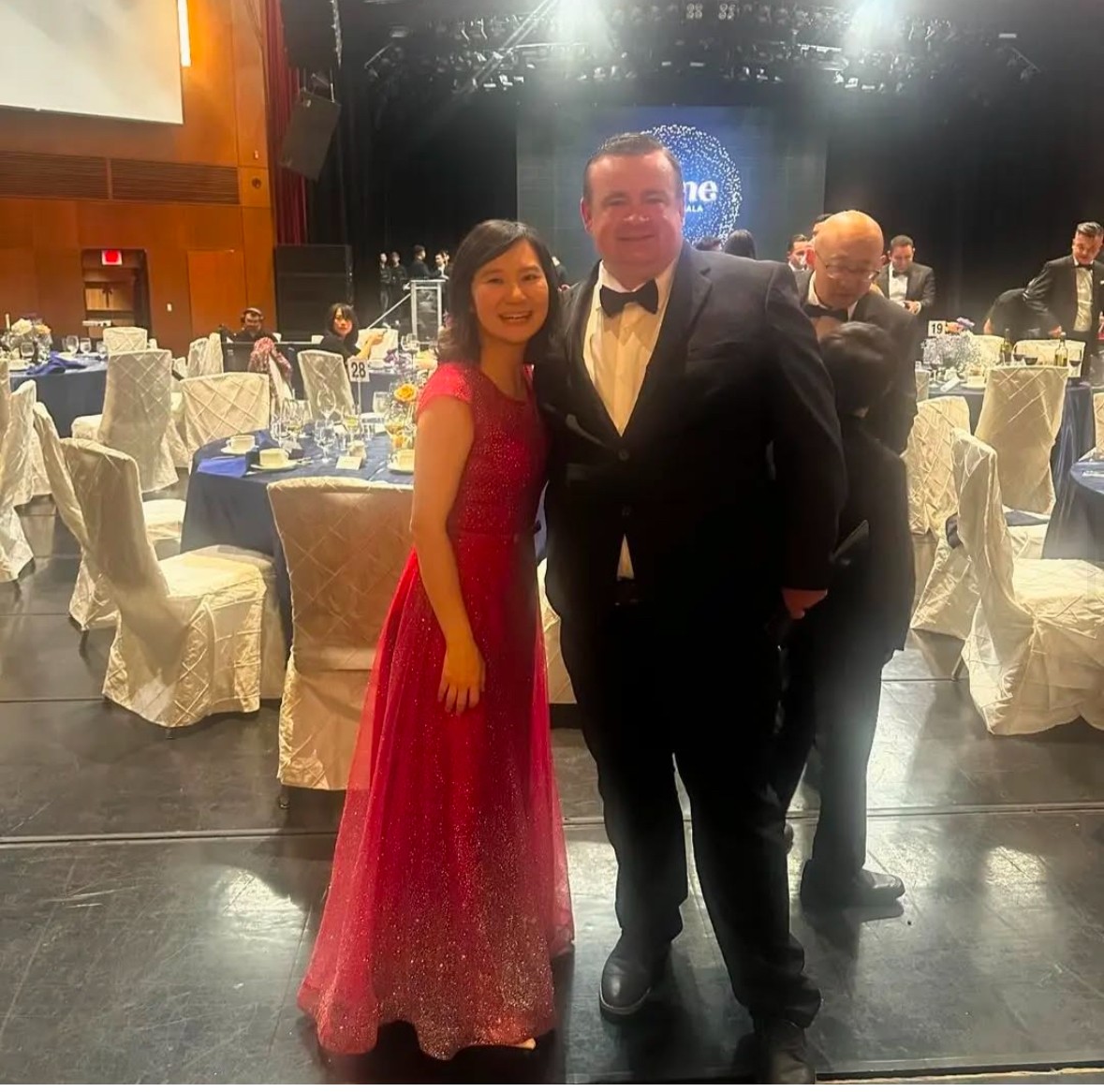
Great, appreciate you sharing that with us. Before we ask you to share more of your insights, can you take a moment to introduce yourself and how you got to where you are today to our readers.
I apologize. I believe I answered a lot of this in the previous section about risk-taking.
As I mentioned earlier, my professional background is in academia. Standing in the classroom and shaping the minds of the future is the only thing I’ve ever wanted to do. However, I must admit that I never believed I was good enough to teach. This insecurity and self-doubt stem from my working-class background. I was born to teenage parents just two days before my mother turned 16 and was raised by grandparents whose education ended after the 8th grade. Despite the love and encouragement from my family to improve myself, I struggled with feelings of inadequacy.
Growing up, my classmates looked down on me and bullied me for wearing hand-me-downs, speaking with a thick Southern accent, and being associated with individuals deemed, for lack of a better term, failures. As a friend’s mother once told me, “Your family members are failures, and you will be one as well.”
This is why I did not start college until I was 20. It took me a few years to gather the confidence to pursue a degree. While I was not the best student, the late Dr. Sam McFarland, professor of Psychology at Western Kentucky University, took me under his wing and showed me that I was good enough. This led to me not only becoming the first person in my immediate family to get one college degree but two and eventually coming back to my alma mater and teaching my first college class in the very first classroom I ever took a college class.
What I want your readers to know about the Life Literacy Education brand is simple: our mission is to be a mentor, a support system, and a valuable resource for those who need it most, just as Dr. Sam McFarland was to me. At Life Literacy Education, we offer a financial literacy course and connect students to college through grants from our partner organization, Trace of Hope. Our Kentucky students can also be referred to Life Skills, which offers mental health care on a sliding scale. Finally, we connect students with career coaches who can help them prepare for the job market.
Like I said, my sociology background inspired me to start a business that would help students overcome the structural hurdles that prevent upward mobility.
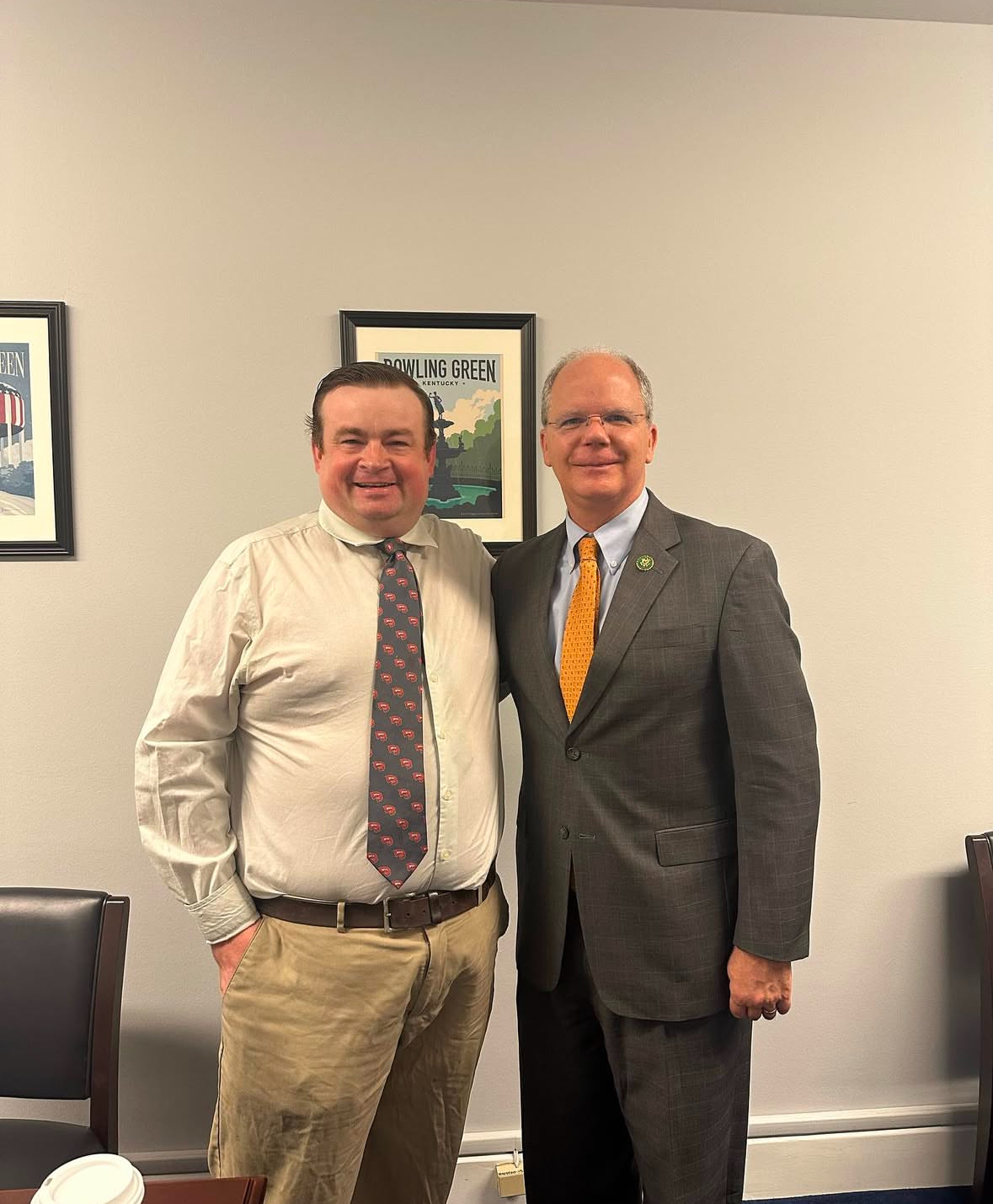
Learning and unlearning are both critical parts of growth – can you share a story of a time when you had to unlearn a lesson?
I learned the hard way growing up that I needed to do everything on my own. As a child, I was always told that no one would be there for me, so I had to handle everything myself. Now that I’m building a business, I’ve had to learn to trust others and delegate tasks. I became so accustomed to managing everything by myself that it was challenging for me to let go.
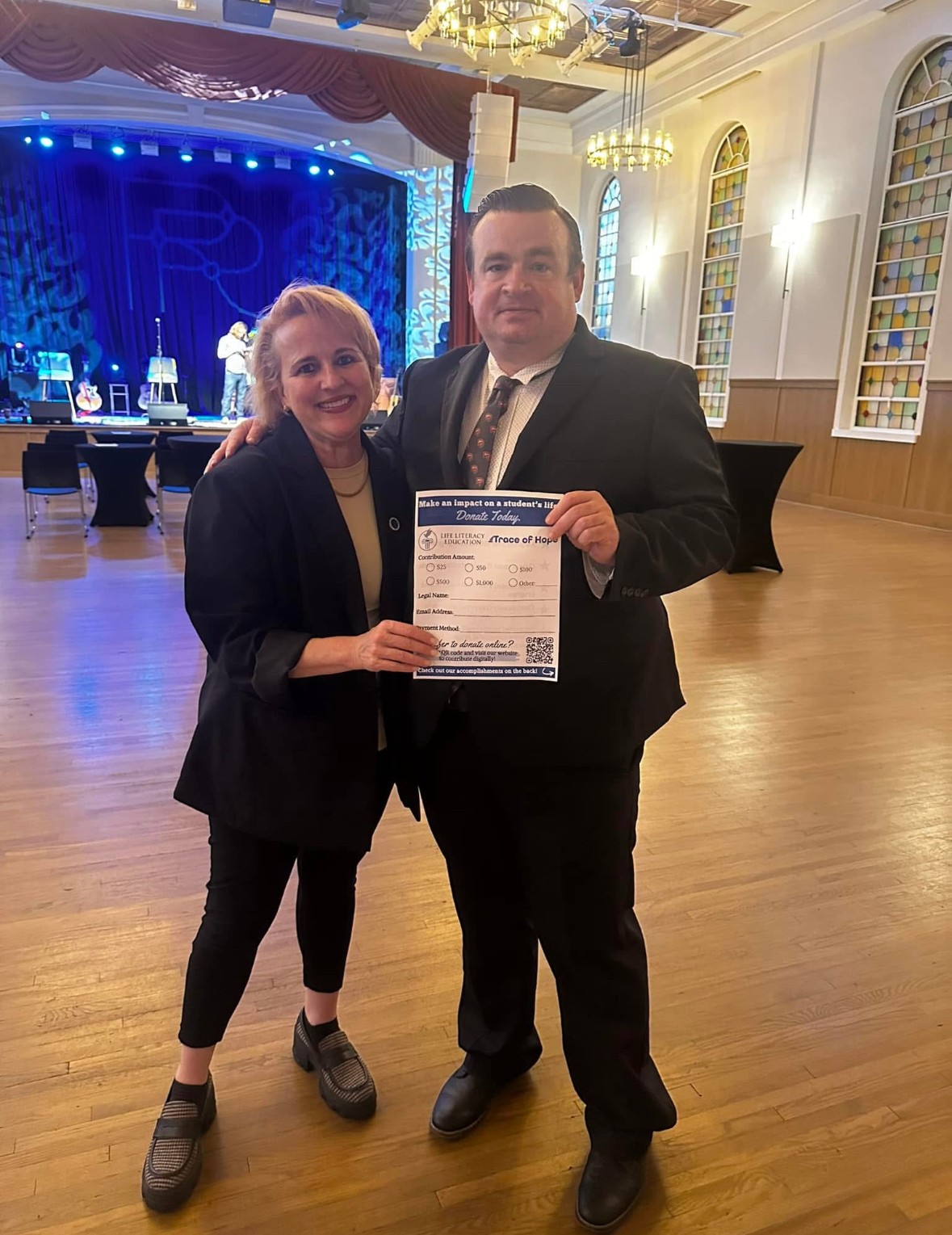
Any stories or insights that might help us understand how you’ve built such a strong reputation?
My reputation in the market has been built on the results of the program, but even more importantly, on how engaged the students are with the class. The evaluations of the course each term show that most students feel more confident in pursuing their desired careers. It has also been noted that many of our students have gone on to attend community colleges and universities instead of giving up on their education.
To be honest, I’m genuinely passionate about what I do, and as a friend and mentor told me last week, “You underestimate how genuine you are and why people support you.” As cheesey as it sounds, the brand has been successful because how genuinely in love with my work I am comes through loud and clear.
Contact Info:
- Website: https://lifeliteracyeducation.org/
- Instagram: https://www.instagram.com/lifeliteracyedu?utm_source=ig_web_button_share_sheet&igsh=ZDNlZDc0MzIxNw==
- Linkedin: https://www.linkedin.com/in/audie-wood-57b1652a3/
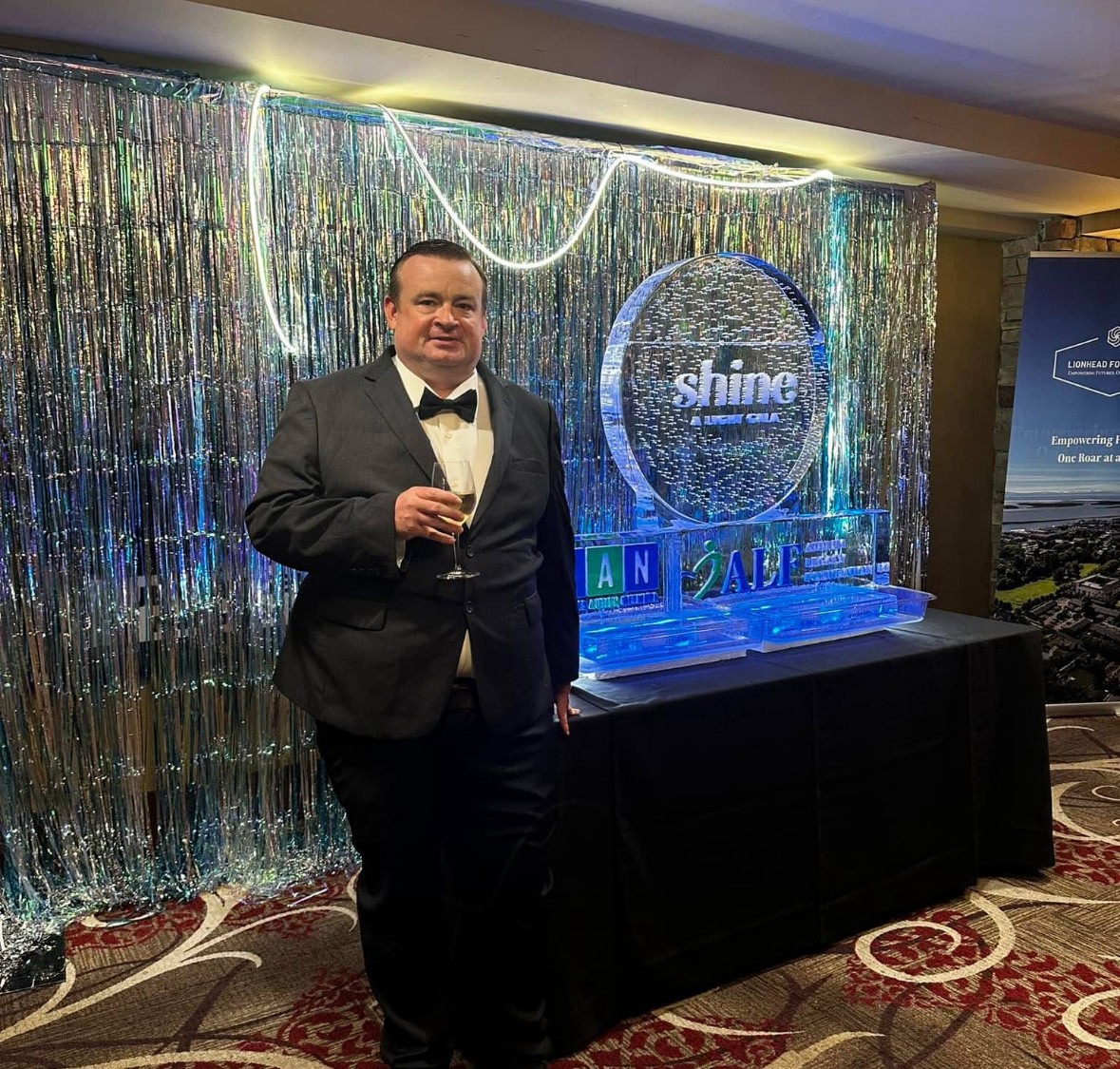
Image Credits
I own the rights to every photo I sent you.


